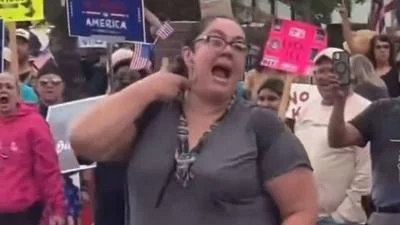Mt. Carmel High School, a Catholic institution on Chicago's South Side, is a high-performing school whose vice president recently responded to a controversial, across-the-board scholarship funding debate.
The issue regards Senate Bill 2236, which essentially renders Illinois’ private school scholarship funding contingent on full funding for public schools. It would amend the Invest in Kids Act, a private school scholarship initiative funded by independent tax credits, with contributors pledging substantial amounts. The incentive, which went into affect on Jan. 1, is wrapped neatly as a favor – with donors earning a substantial state tax credit.
Lawmakers favored implementing the new funding formula – mandating a sum totaling $350 million more from Illinois coffers than was allotted last year and calling for increasing the tally by an additional $350 million in the following year, according to a recent Illinois News Network report.

The question is one of equity between supporting public versus private education. Does this program favor private schools over public ones?
"First we should note that the Republicans are pro private/charter education and Democrats have always (supported) public education,” said John Byrne, Mt. Carmel’s vice president of operations. "Of course this is a generalization. But if … true it’s no surprise that the (Democrats) have a proposal. Sounds like Illinois politics."
Byrne said that the Illinois Scholarship Fund acts as an extra perk for private schools, which he said have always been funded by parents, alumni, grants and donations. In years past, dioceses sought to help Catholic schools financially, but “apparently they do not anymore.”
Although the actual extent of public scholarship aid would not be entirely predictable – in terms of how many students with Illinois-sourced scholarships would enroll in private schools each fall – Byrne reasoned that "fully funding" would benefit private schools nonetheless.
Referring to Illinois’ place among the lower ranks regarding education support nationwide – for both public and private institutions – Byrne said the extra funding could only be an improvement.
When asked about the impact on students, Byrne suggested that the query might be better framed as an inquiry into how the change might affect students from different economic levels. If, for example, funding efforts are funneled to higher income brackets, then individuals from families in the lower echelons would be at a disadvantage.
Oddly, he said, “this pattern repeats itself in so many areas of government.”
The bill is slated to go to the House after the Senate vote, according to Illinois News Network. And what if the measure passes?
Essentially, Byrne maintained, private school funding would not change substantially; the only measurable difference might be observed in underserved populations.
“The students in Illinois have never been given the advantage of a fully funded education system, so the effect would be the same as it has always historically been,” he said.






 Alerts Sign-up
Alerts Sign-up